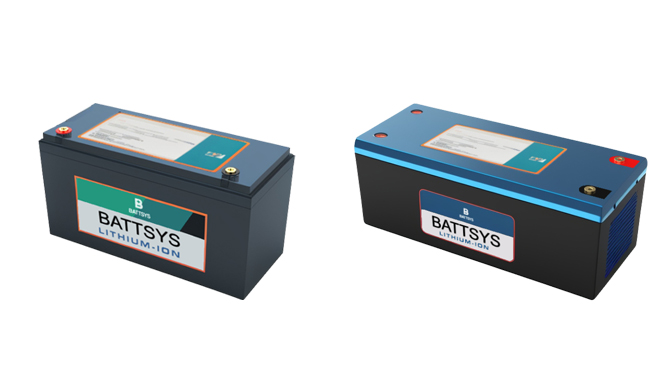Which is safe between ternary
lithium batteries and lithium iron phosphate batteries?
In practical applications, lithium iron phosphate batteries and ternary lithium batteries also have different application fields. For example, lithium iron phosphate batteries are more common in electric bicycles and remote control models, while ternary lithium batteries have a wider range of applications in electric vehicles and other fields. Which is safe between ternary lithium batteries and lithium iron phosphate batteries? Lithium iron phosphate batteries are generally considered safer than ternary lithium batteries.
The full name of ternary battery is ternary polymer lithium battery, which is actually a lithium battery with nickel cobalt manganese oxide ternary positive electrode material or nickel cobalt aluminum oxide ternary positive electrode material as the positive electrode material. Therefore, such batteries are also referred to as NCM batteries (nickel cobalt manganese oxide lithium batteries) or NCA batteries (nickel cobalt aluminum oxide lithium batteries). Its ternary is actually nickel (Ni), cobalt (Co), manganese (Mn) or aluminum (Au) in the positive electrode. In China, a large part of the currently popular ternary batteries are NCM batteries, as NCA batteries have not yet been processed in large quantities in our country.
There are two more obvious characteristics of ternary lithium batteries: 1. They have a higher specific energy and voltage, and the second is that ternary lithium batteries have a larger and higher capacity
What is lithium iron phosphate battery
Lithium iron phosphate battery is a lithium-ion battery that uses lithium iron phosphate (LiFePO4) as the positive electrode material and carbon as the negative electrode material. The rated voltage of a single cell is 3.2V, and the charging cut-off voltage is 3.6V~3.65V. During the charging process, some lithium ions in lithium iron phosphate are released and transferred to the negative electrode through the electrolyte, where they are embedded in the negative electrode carbon material; Simultaneously releasing electrons from the positive electrode
Characteristics of lithium iron phosphate batteries. 1. Long service life: Lithium iron phosphate batteries have a long service life, with a cycle life of over 2000 times. Under the same conditions, lithium iron phosphate batteries can be used for 7-8 years. 2. Safety of use:
Lithium iron phosphate batteries undergo strict safety testing and will not explode even in traffic accidents. 3. Energy saving and environmental protection: Lithium iron phosphate batteries are environmentally friendly, non-toxic, pollution-free, with a wide range of raw material sources and affordable prices.

The safety comparison between ternary lithium batteries and lithium iron phosphate batteries shows that lithium iron phosphate batteries are safer compared to ternary lithium batteries. This is because lithium iron phosphate batteries do not experience thermal runaway at high temperatures, while ternary lithium batteries are prone to thermal runaway, leading to safety accidents such as fires. In addition, lithium iron phosphate batteries also have better cycle life and durability.
